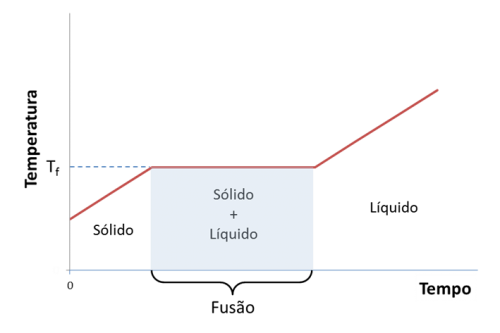Quantum physics is a theoretical branch of science that studies all the phenomena that happen with atomic and subatomic particles, that is, which are equal to or smaller than atoms, such as electrons, protons, molecules and photons, for example.
All these microparticles cannot be studied from the perspective of classical physics, as they are not influenced by the laws that compose it, such as gravity, the law of inertia, action and reaction, and so on.
Unlike classical physics, quantum physics is classified as “not intuitive”, this means that, in this field of study, certain things are true even when they appear not to be. In fact, being considered non-intuitive, quantum physics became known as a “false theory”.
Also known as quantum mechanics, this revolutionary theory of modern physics emerged during the early years of the twentieth century, being the physicist Max Planck (1858 – 1947) one of the pioneers to develop its basic principles, which contradict most of the fundamental laws of classical physics. Planck was responsible, for example, for creating the “Planck constant” (E = h.v).
However, it was Albert Einstein, the creator of Theory of relativity, which named the Planck equation of quantum (Latin word meaning “amount”) for the first time. Quantum is a reference to the physical event of quantization, which consists of the instantaneous change of electrons that contain a minimum level of energy to a higher one, if they are heated.
Even though the theory of quantum physics is focused on microscopic phenomena, these are reflected in all aspects. macroscopic, since everything in the universe is made from molecules, atoms and other particles subatomic.
Throughout the 20th century, several scientists and physicists contributed to the development of quantum physics theory, like: Werner Heisenberg (1901 – 1976), Louis de Broglie (1892 – 1987), Niels Bohr (1885 – 1962), Erwin Schrodinger (1887 – 1961), Max Born (1882 – 1970), John von Neumann (1903 – 1957), Richard Feynman (1918 – 1988), Wolfgang Pauli (1900 – 1958), among others.
Since then, quantum physics has become the underlying theory of many other branches of physics and chemistry such as atomic physics, nuclear physics, molecular physics, quantum chemistry, particle physics and etc. In fact, the principles of quantum physics are also applied in various sectors of human knowledge, revolutionizing not only the exact sciences, but also philosophical currents.
The main link between quantum physics and philosophical and spiritual concepts, according to the defenders of this relationship, is in the condition of chance and uncertainty of this theory, which says it is possible The existence of two different and simultaneous situations for a given subatomic body.
This principle was observed in quantum physics from the so-called "wave-particle duality", that is, when a particle behaves sometimes like a particle and sometimes like a wave, this statement is totally abnormal in classical physics.
Based on this idea, for example, several theoretical study hypotheses arise, such as the "theory of various worlds", which says that the existence of several alternative realities for each individual is possible.
Learn more about Physics.
Quantum Physics and Spirituality
This relationship is controversial, as it consists of the debate between two distinct nuclei, one formed by those who defend the veracity of the quantum influence on the spiritual plane, and another that totally denies the use of quantum mechanics as a way to explain the spirituality.
For those who defend the existence of a relationship between quantum and spiritual physics, the power of human thought could exert a great power over the individual reality of each person, being, with the correct indications, capable of changing the world to its around.
Quantum Physics and Thought
Several internationally renowned physicists relate the principles of quantum physics to theories about human conscience and the power of thought as a “builder” of reality.
In short, the human mind would have a profound ability to influence the arrangement of microparticles atomic around people, the way they behave and how they build the reality of each individual. For scholars who believe in this idea, people's intentions would influence the construction of reality.


